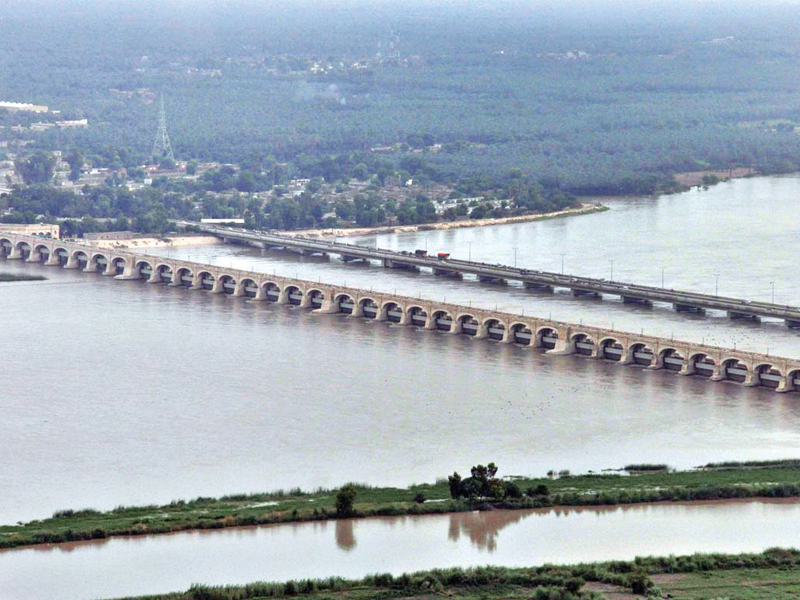
These views were expressed by Shamila Mahmood, an international law and development expert, at the session titled ‘Kishanganga and Ratle Projects: Deliberating on IWT’s Dispute Resolution Mechanism and the Way Forward’, held at the Institute of Policy Studies (IPS) here on Wednesday.
Other speakers at the session included Ashfaq Mahmood, a water and energy expert and former federal secretary for water and power and Mirza Hamid Hassan, another former secretary water and power and member of the IPS-National Academic Council.
Pakistan, India resume talks to bridge differences over Indus Waters Treaty
Shamila Mahmood said that India always raised objections on projects in the disputed territory, claiming that they required NOCs (No-Objection Certificates).
The World Bank, she said, had always supported India’s version.
“When Pakistan raises similar questions over Indian projects, one of the responses it always gets is that the project will not affect Pakistan. This, however, is incorrect because such projects do affect Pakistan because it is a lower riparian (country).”
According to her, it was also essential to keep within parameters set by the treaty itself.
“When the World Bank does not allow Pakistan funding for any such project over India’s objections, the case should be taken up against the World Bank because it is not in accordance with human rights.”
She said that even in the case of the Ratle project, India was ignoring an international decision.
“India has to honour the arbitration determination,” she said. “Its own domestic laws stress on honouring the arbitration determination, but it deliberately ignores this to suit its interest.”
After water vows in Pakistan, India plans to skip US meet over Indus water
Shamila believed that Pakistan should take a firm stand, exerting pressure on the World Bank to remain within its mandate and pursue and resolve the matter without any delay.
Ashfaq Mehmood said that Pakistan’s biggest failing regarding water issues with India were that “we did not strategise well”.
“We didn’t (learn) from our past failures and did not lobby our points effectively at international level.”
India, he said, had strategically halted the process at the Indus Water Commission level while Pakistan had not been proactive by denying India time for construction.
The commission, he said, was not able to move forward on both Kishanganga and Ratle projects.
“Pakistan has been passive against the Indian violations of the Treaty,” he said.

















COMMENTS (2)
Comments are moderated and generally will be posted if they are on-topic and not abusive.
For more information, please see our Comments FAQ